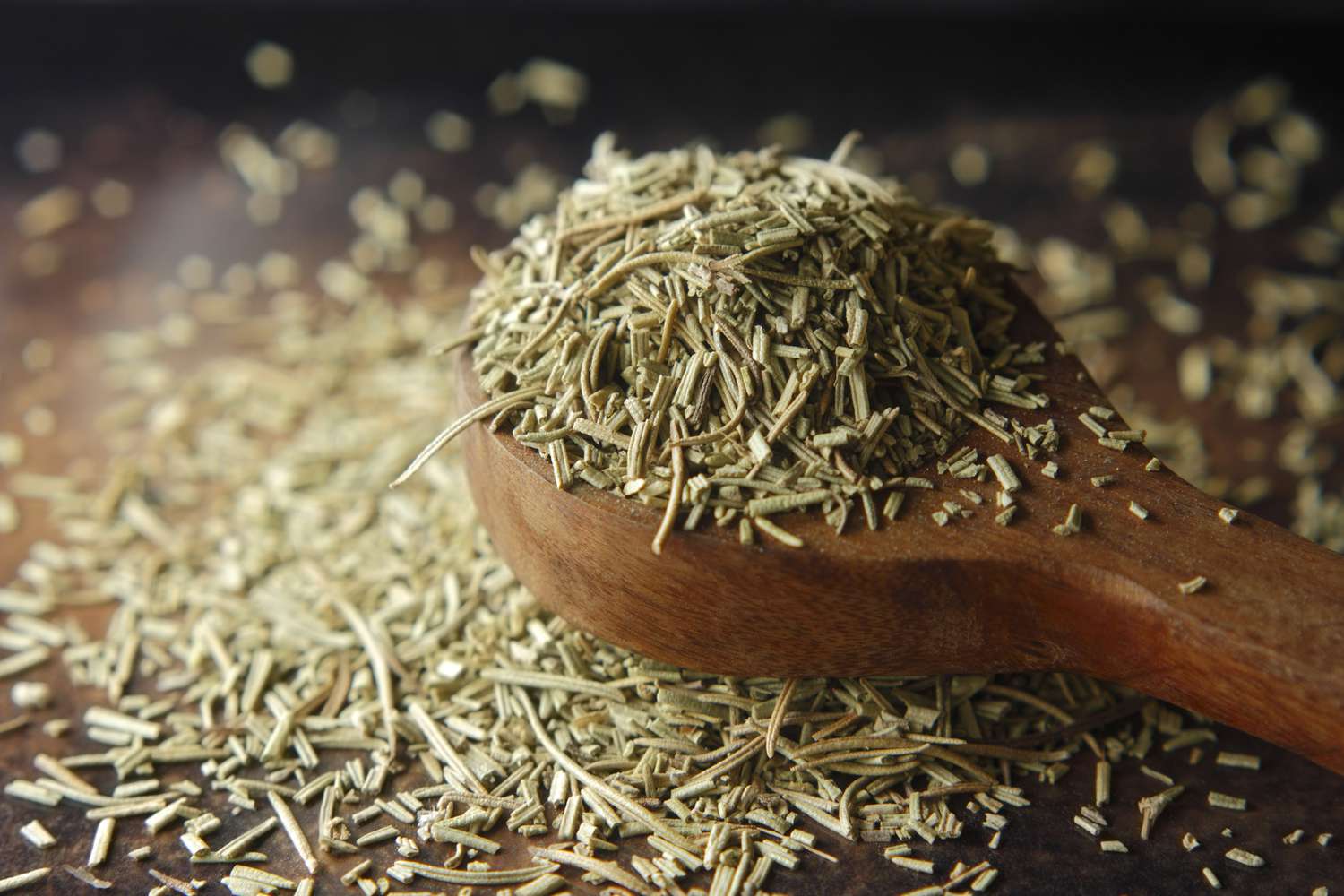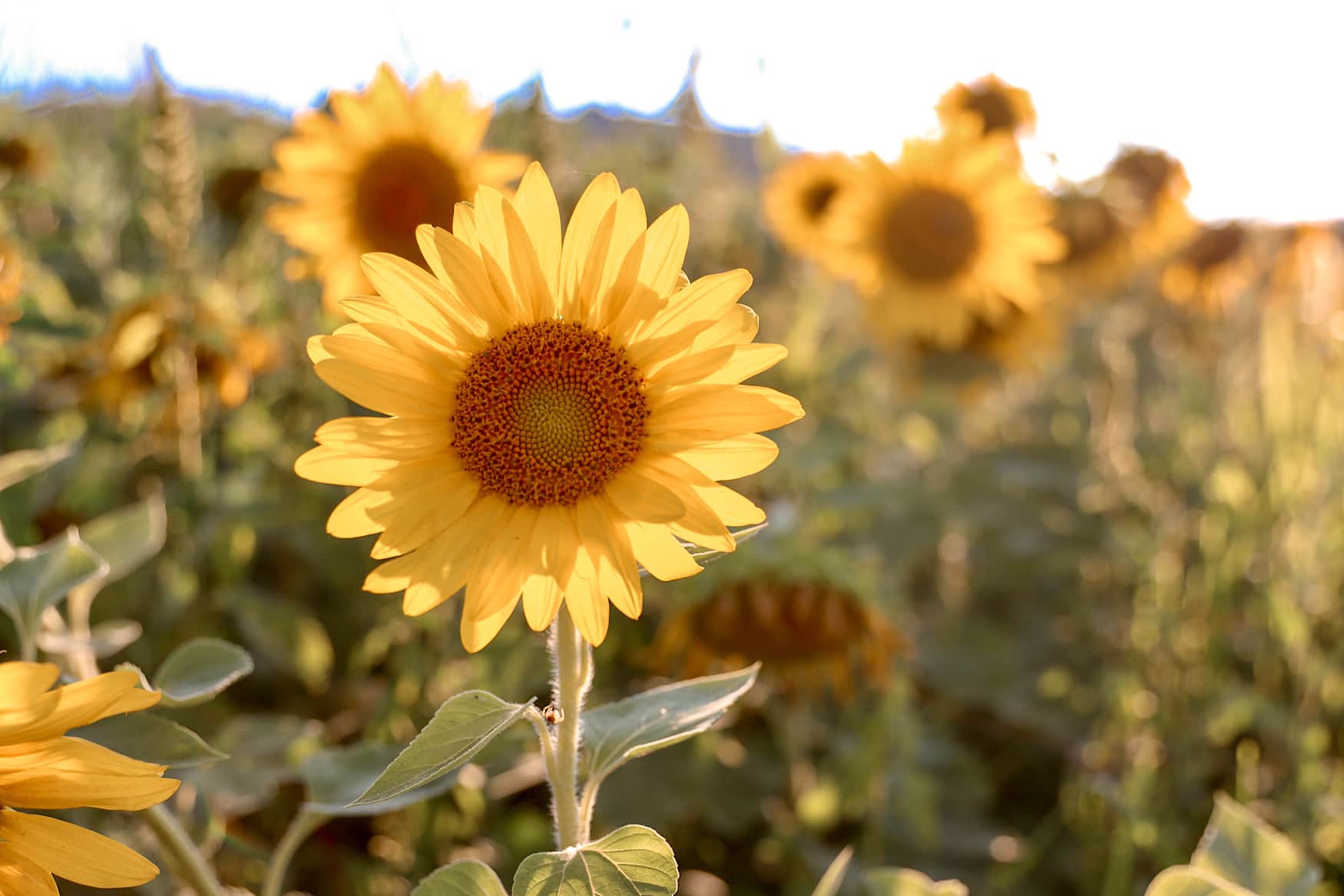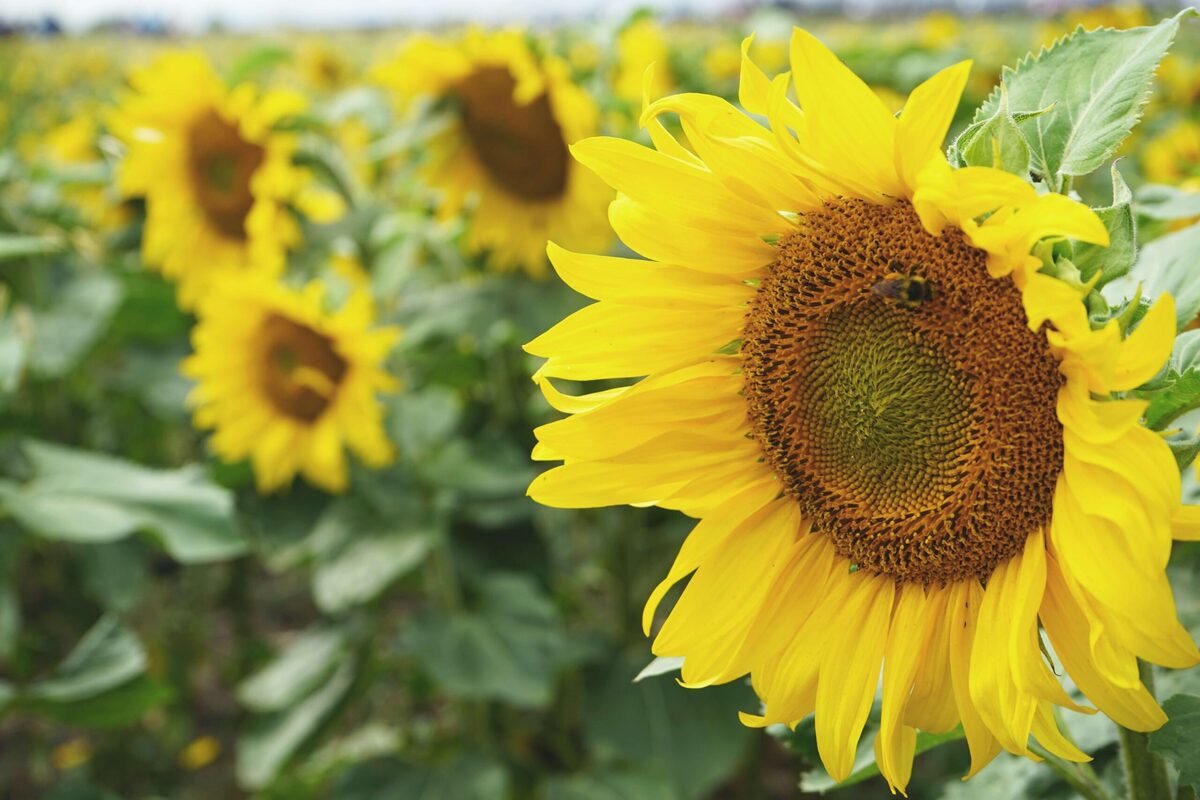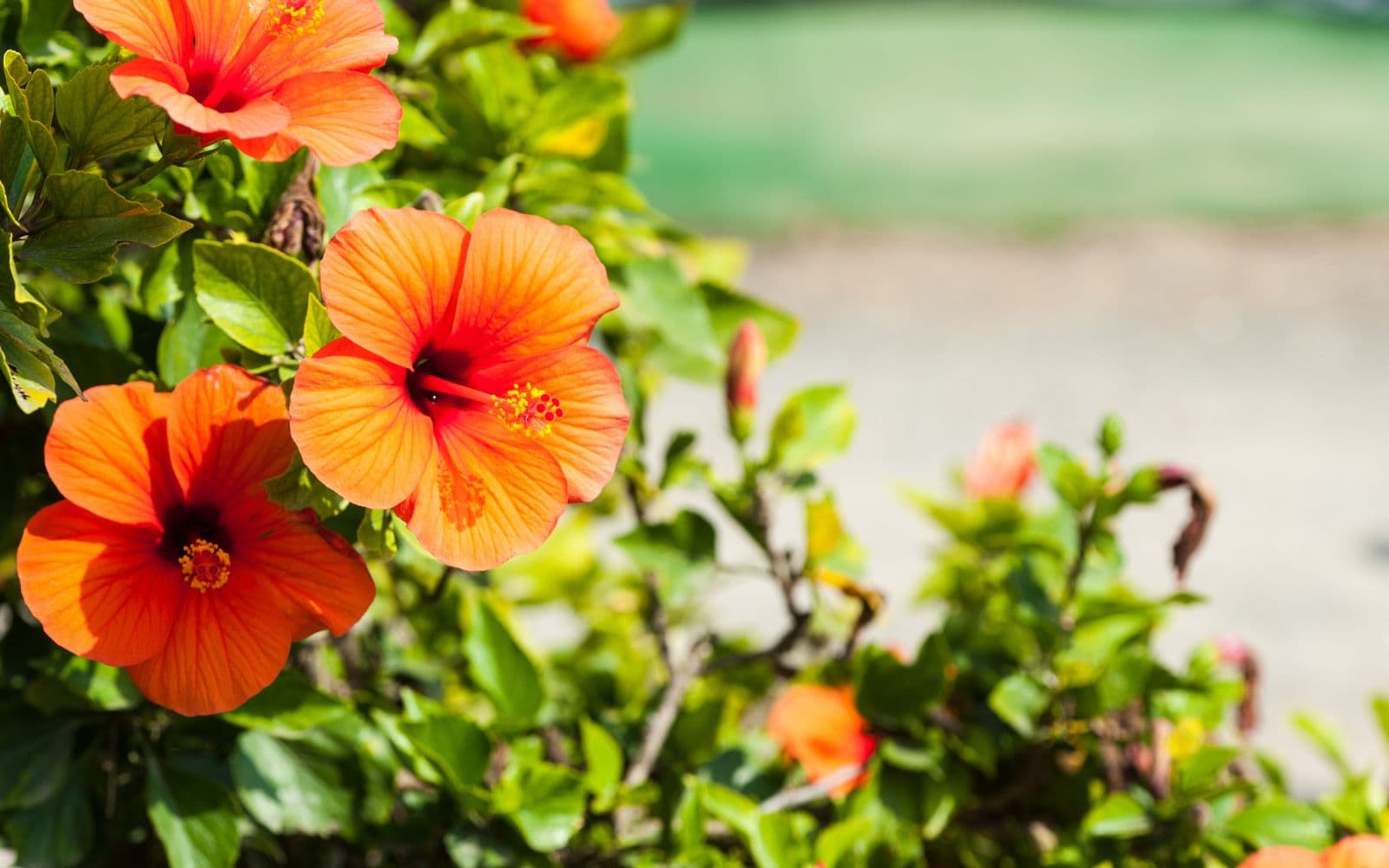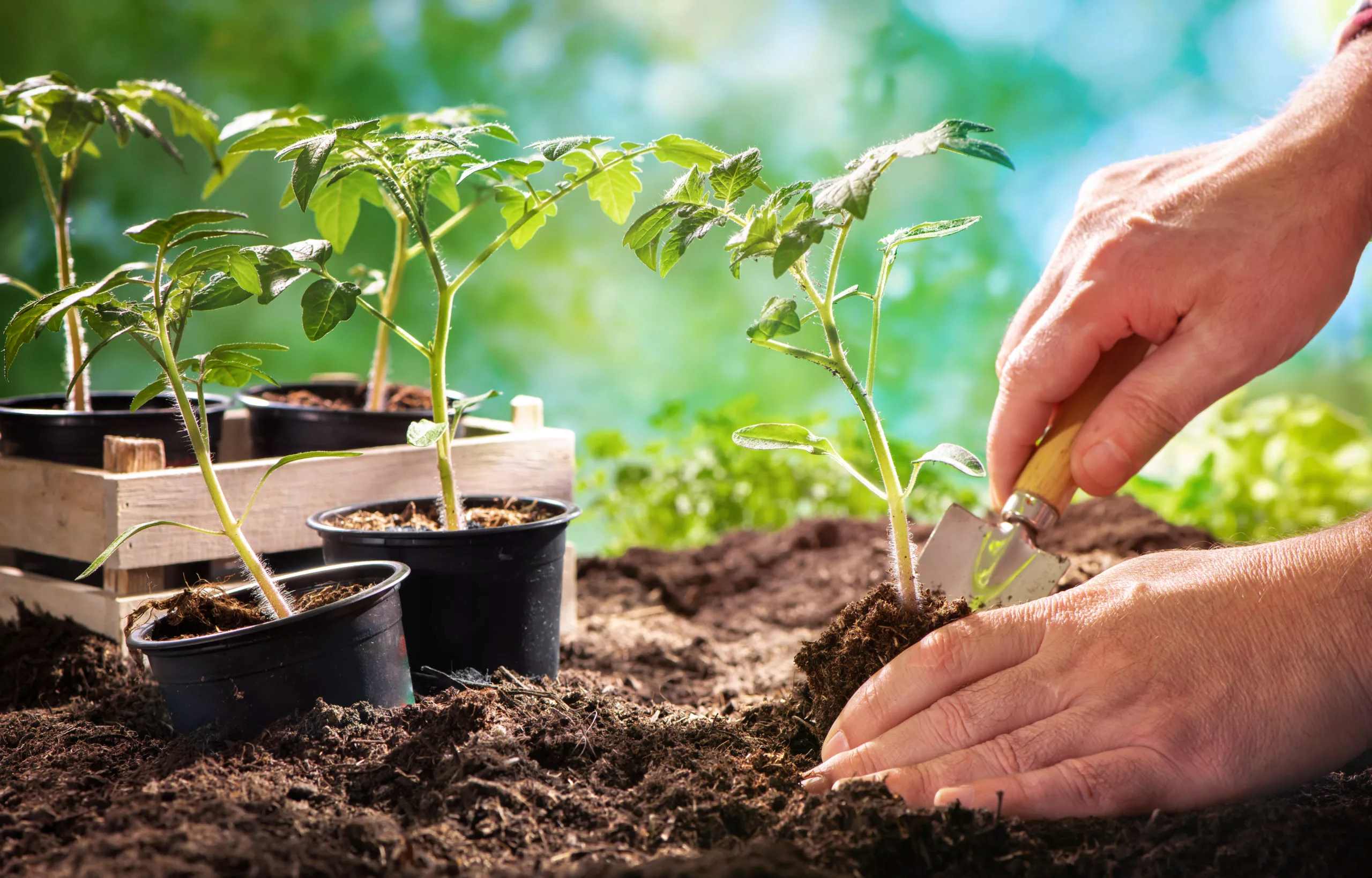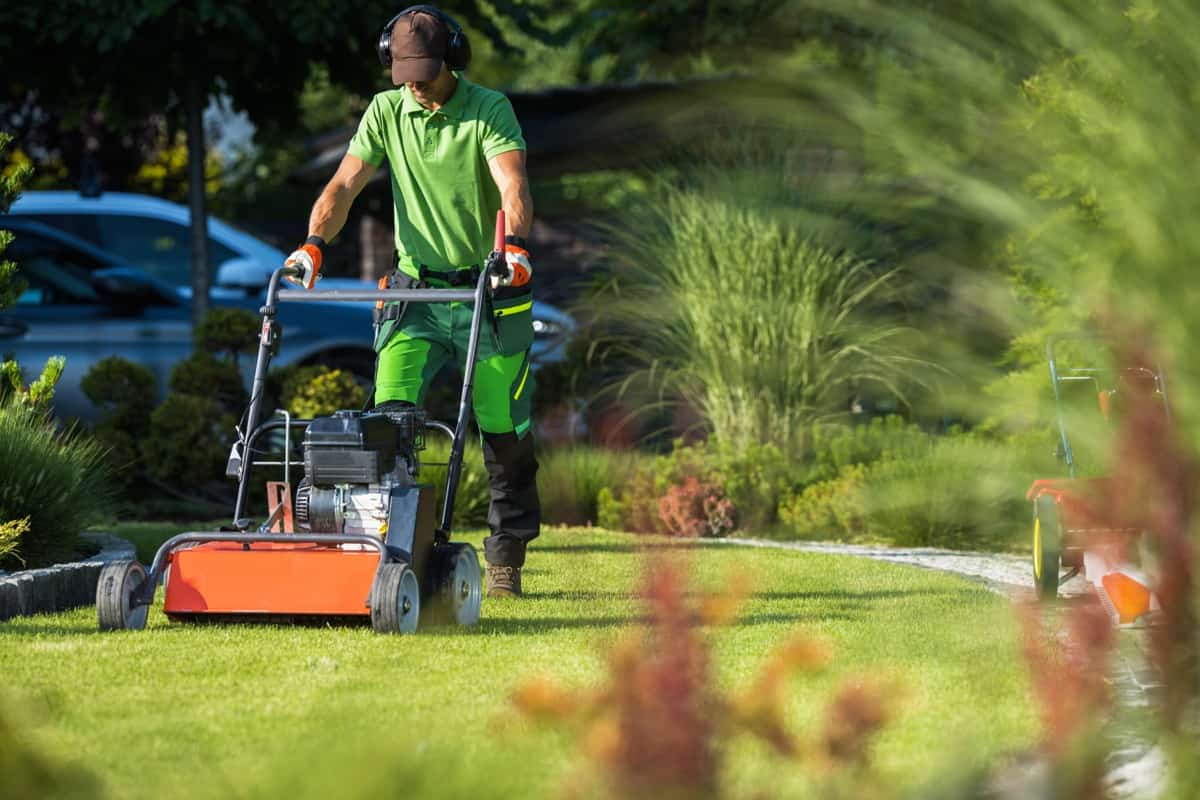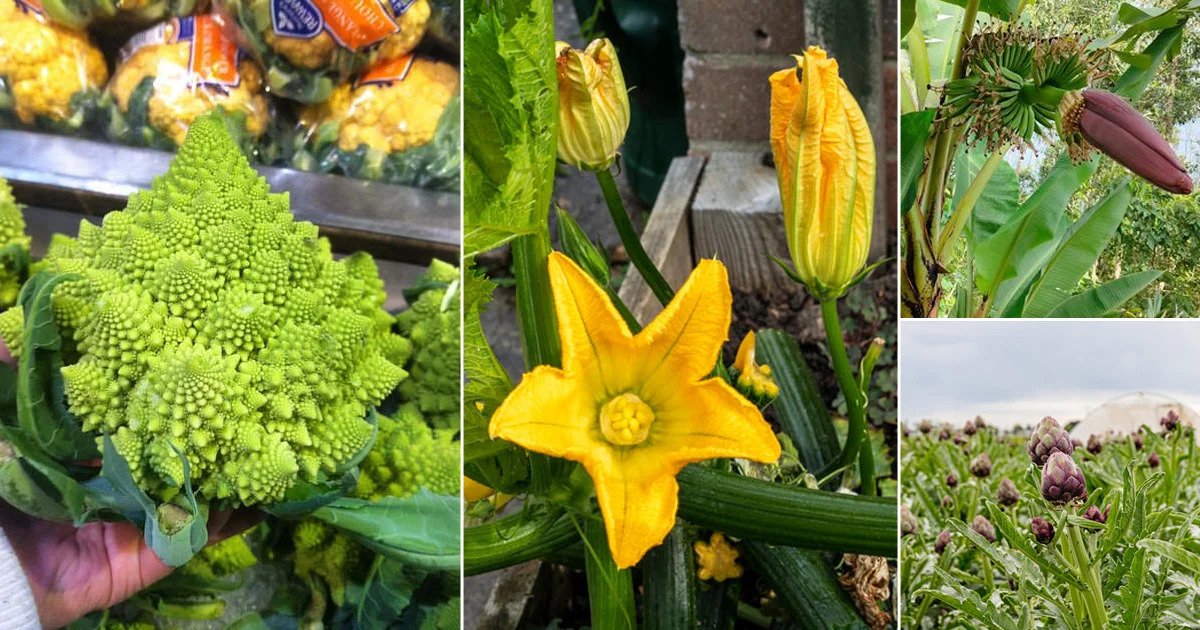Home>Gardening Techniques>Seasonal Gardening>What Vegetables Are In Season In Florida
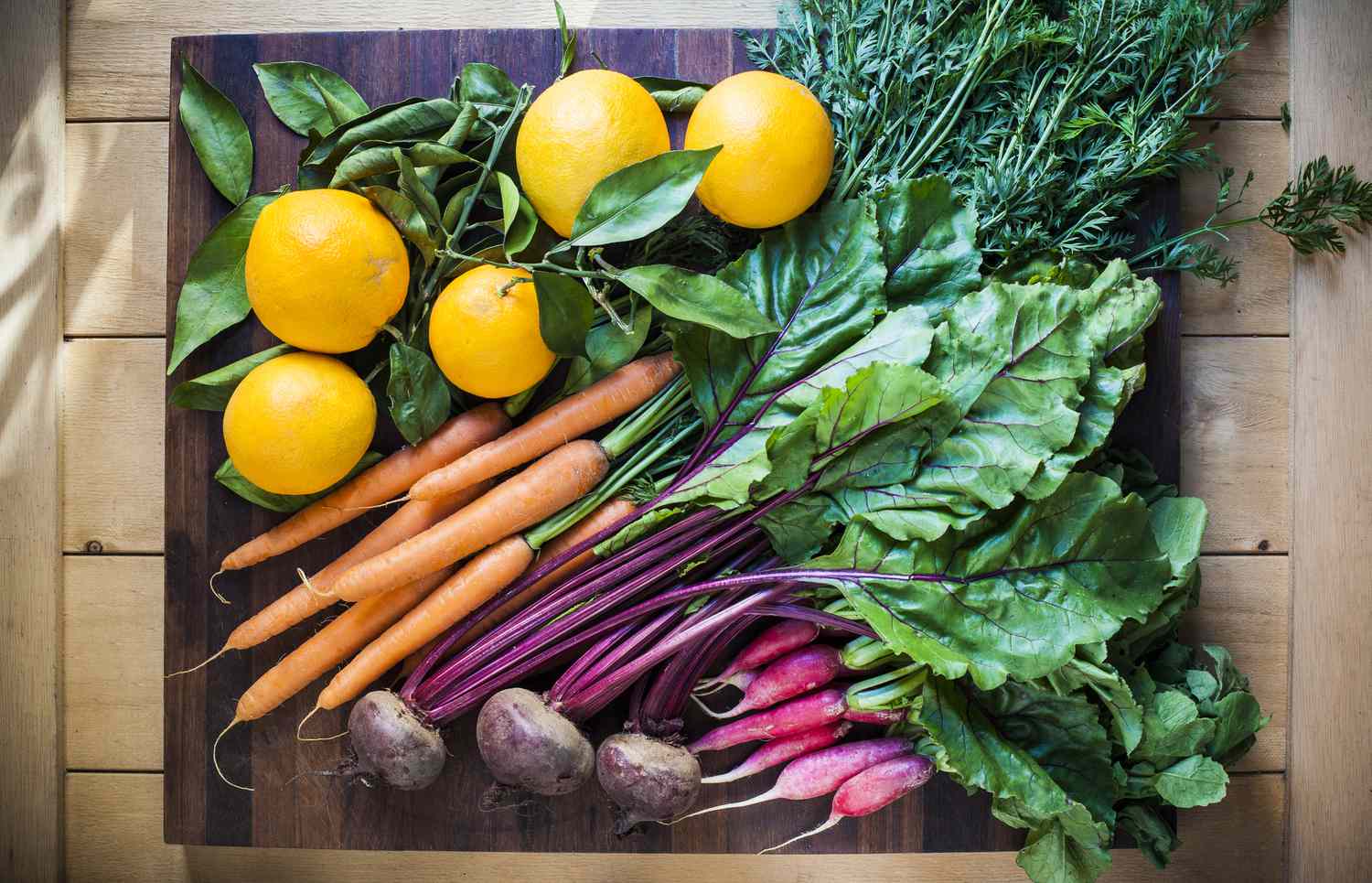

Seasonal Gardening
What Vegetables Are In Season In Florida
Modified: January 22, 2024
Discover the best vegetables to grow in your Florida garden with our guide to seasonal gardening. Plant the freshest produce with tips from our experts.
(Many of the links in this article redirect to a specific reviewed product. Your purchase of these products through affiliate links helps to generate commission for Chicagolandgardening.com, at no extra cost. Learn more)
Table of Contents
Introduction
Welcome to the wonderful world of seasonal gardening in Florida! With its warm climate and plentiful sunshine, Florida provides an abundance of opportunities for year-round gardening. Whether you have a small backyard garden or a sprawling farm, taking advantage of the seasonality of vegetables can greatly enhance your gardening experience and ensure bountiful harvests.
Seasonal gardening involves understanding the natural rhythms of plant growth and adapting your gardening practices accordingly. By planting vegetables that thrive in specific seasons, you can maximize their yield and flavor. Additionally, seasonal gardening allows you to embrace the ever-changing and exciting nature of gardening, as each season brings its own set of challenges and rewards.
Florida boasts a unique climate, characterized by mild winters and sweltering summers. This allows for a diverse range of vegetables to be grown throughout the year, making it a gardening paradise. By knowing which vegetables to plant in each season, you can create a thriving garden that provides fresh and nutritious produce for your table.
In this article, we will explore the different vegetables that are in season in each of Florida’s four main seasons: spring, summer, fall, and winter. By understanding the specific requirements and optimal planting times for these vegetables, you can cultivate a successful garden and enjoy the freshest flavors straight from your backyard.
So, let’s dive in and discover the vibrant world of seasonal gardening in Florida!
Spring Vegetables in Florida
Spring is a wonderful time for gardening in Florida, as the weather becomes milder and more favorable for a variety of vegetables. This season offers an opportunity to start fresh and plant a wide range of crops that can withstand the cooler temperatures of early spring and thrive as the days grow warmer.
One of the standout vegetables to plant in spring is tomatoes. Florida’s warm climate provides an advantage for growing tomatoes, and spring is the ideal time to start seeds or transplant young tomato plants. Varieties such as ‘Celebrity,’ ‘Better Boy,’ and ‘Roma’ thrive during this season. Remember to provide them with support such as stakes or cages to ensure healthy growth.
Lettuce, spinach, and kale are also excellent choices for spring planting in Florida. These leafy greens enjoy the mild temperatures and can be harvested for salads and stir-fries. Opt for leaf lettuce varieties like ‘Buttercrunch’ or ‘Red Sails’ for a flavorful addition to your salads. Spinach varieties such as ‘Bloomsdale’ or ‘Baby’s Leaf Hybrid’ are known for their tender leaves and can be harvested continuously as they regrow.
As the weather warms up, it’s time to consider planting beans and corn. Bush beans like ‘Provider’ and ‘Contender’ can be sown directly into the garden, while pole beans like ‘Blue Lake’ and ‘Kentucky Wonder’ require trellises or stakes for support. Corn, such as ‘Silver Queen’ or ‘Ambrosia,’ thrives in the warmer temperatures of late spring and should be planted in blocks rather than rows for proper pollination.
Don’t forget about herbs! Spring is an ideal time to start planting herbs such as basil, cilantro, and dill. These aromatic plants will thrive in the moderate temperatures of spring and provide you with a fresh supply of flavorful herbs to enhance your culinary creations.
Additionally, spring is a great time to start planning for summer vegetables. Consider starting cucumber, zucchini, and melon seeds indoors to get a head start before transplanting them into the garden when the soil has warmed up.
With the right selection of spring vegetables, your garden will burst with vibrant colors and delicious flavors. Embrace the season and enjoy the bountiful harvest that spring brings to Florida gardeners!
Summer Vegetables in Florida
Summer in Florida brings long days, high temperatures, and abundant sunshine. This is the season when many heat-loving vegetables thrive and produce an abundance of delicious harvests. To make the most of your summer garden, it’s essential to choose vegetables that can withstand the intense heat and humidity of the Florida climate.
One of the star vegetables of the summer season in Florida is the watermelon. With its juicy and refreshing flesh, watermelon is the perfect treat for hot summer days. Varieties like ‘Crimson Sweet’ and ‘Sugar Baby’ are well-suited to Florida’s climate and produce sweet and succulent melons. Give them plenty of space to spread and consider using mulch to aid in moisture retention.
Tomatoes are also a staple of the summer garden in Florida. While spring is an ideal time for planting tomatoes, many heat-tolerant varieties thrive during the summer months. Look for determinate varieties like ‘Heatwave II’ or ‘Solar Fire’ that can withstand the intense heat and continue producing despite the challenging conditions. Frequent watering and providing some shade during the hottest part of the day can help protect the plants from stress.
For those seeking a versatile and nutrient-rich vegetable, okra is an excellent choice for summer planting. This heat-loving plant thrives in Florida’s summer climate and can be harvested continuously. Varieties like ‘Clemson Spineless’ and ‘Emerald’ are known for their productivity and tender pods. Plant okra in well-drained soil and give them regular waterings to ensure healthy growth.
Other summer vegetables that thrive in Florida include peppers and eggplants. Bell peppers, jalapenos, and banana peppers are all well-suited to the hot and humid conditions. Similarly, eggplants, such as ‘Black Beauty’ or ‘Ichiban,’ can be planted in summer and will reward you with delicious fruits that can be grilled, roasted, or used in various Mediterranean dishes.
Herbs also play a vital role in summer gardening. Basil, mint, and rosemary are all heat-loving herbs that thrive in Florida’s summer climate. These herbs can be harvested regularly and used to add freshness and flavor to your dishes or made into refreshing herbal iced teas.
Remember to provide adequate water and mulch around your summer vegetables to help retain moisture in the soil. Regular monitoring for pests and diseases is crucial during this season, as they tend to thrive in the warm and humid conditions. By selecting the right vegetables and implementing proper care, you can enjoy a productive and satisfying summer garden in the Sunshine State.
Fall Vegetables in Florida
Fall is a season of transition in Florida, with temperatures starting to cool down from the scorching summer heat. This change in weather creates the perfect conditions for a wide variety of vegetables to thrive. Planting fall vegetables in Florida allows you to extend your growing season and enjoy a bountiful harvest well into the cooler months.
One of the staple vegetables of the fall season is the leafy green known as kale. This nutrient-packed vegetable grows exceptionally well in the mild temperatures of fall and can withstand occasional frosts. Varieties like ‘Toscano’ or ‘Red Russian’ offer a beautiful display of colorful leaves and are perfect for salads, sautés, and even juicing.
Another popular fall vegetable is broccoli. Known for its dense heads and nutritious florets, broccoli prefers cooler temperatures for optimal growth. Planting varieties like ‘Calabrese’ or ‘Italian Green Sprouting’ in late summer or early fall allows them to mature before the winter sets in. Keep them well-watered and protect the plants from pests like cabbage worms with the use of floating row covers.
Carrots are also an excellent choice for fall gardening in Florida. The cooler temperatures enhance the sweetness of these root vegetables, and they can be harvested throughout the season. Sow varieties like ‘Scarlet Nantes’ or ‘Bolero’ directly into well-prepared soil for best results. Remember to thin the seedlings to ensure proper spacing for carrot root development.
Radishes are fast-growing vegetables that are perfect for fall planting in Florida. They can be harvested in as little as 30 days and add a refreshing crunch to salads and sandwiches. Varieties like ‘Cherry Belle’ or ‘French Breakfast’ are popular choices and can be sown directly into the garden. Keep the soil consistently moist to promote rapid growth and prevent the roots from becoming woody.
In addition to the traditional vegetables, fall is also a great time to plant herbs like parsley, cilantro, and dill. These cool-season herbs thrive in the mild temperatures of fall and can continue to be harvested well into winter. Their fresh flavors and aromatic qualities will enhance your culinary creations and provide you with a continuous supply of herbs throughout the season.
When cultivating fall vegetables, it’s important to protect your plants from potential frost or freeze events. Be prepared to cover your plants with frost blankets or bring potted plants indoors. By selecting the right fall vegetables and providing proper care, you can enjoy a productive and delicious harvest even as the temperature starts to drop.
Winter Vegetables in Florida
While other parts of the country may experience a lull in gardening during the winter months, Florida’s mild climate offers the opportunity to continue growing a variety of vegetables. Winter gardening in Florida allows you to make the most of the cooler temperatures and enjoy a diverse array of fresh produce during this season.
Leafy greens are a highlight of winter gardening in Florida. Lettuce, spinach, and Swiss chard thrive in the mild temperatures and shorter days of winter. Varieties like ‘Green Oak Leaf,’ ‘Bloomsdale,’ and ‘Bright Lights’ provide an abundance of flavorful leaves that can be harvested continuously as they regrow. Consider planting them in raised beds or containers for better control over soil conditions and drainage.
Root vegetables also excel in Florida’s winter climate. Beets, carrots, and turnips can be sown directly into the garden, offering a colorful and nutritious addition to your winter meals. Varieties such as ‘Detroit Dark Red’ beets, ‘Atomic Red’ carrots, and ‘Purple Top White Globe’ turnips are popular choices that perform well in Florida’s winter conditions.
Cruciferous vegetables like cabbage, cauliflower, and Brussels sprouts thrive in the cooler temperatures of winter. These vegetables require a slightly longer growing season and are best planted in early fall for a successful winter harvest. Varieties such as ‘Early Jersey Wakefield’ cabbage, ‘Snow Crown’ cauliflower, and ‘Long Island Improved’ Brussels sprouts are well-suited to Florida’s climate.
Winter is also a time to enjoy the unique flavors of cool-season herbs like rosemary, thyme, and cilantro. These herbs can add depth and fragrance to your winter cooking, and they can be grown both in containers and in the garden. Plant them in well-drained soil and provide protection from potential cold snaps.
In addition to these vegetables, consider planting peas and beans in the winter for a healthy and sustainable source of protein. Varieties like ‘Snap’ peas and ‘Provider’ bush beans can be sown in late fall and harvested in the winter months. These legumes fix nitrogen in the soil, benefiting future crop rotations and overall soil health.
When planning your winter garden, be mindful of potential frosts or freezes. Keep an eye on the weather forecasts and be prepared to protect your plants with frost blankets or row covers. By choosing the right winter vegetables and providing adequate care, you can enjoy a productive garden throughout the winter season in Florida.
Conclusion
Seasonal gardening is a rewarding and fulfilling experience, and in Florida, it is even more enjoyable thanks to the favorable climate. From spring to winter, each season offers a unique opportunity to grow a wide range of vegetables and herbs, ensuring a continuous supply of fresh and nutritious produce straight from your garden.
By understanding the specific requirements and optimal planting times for each season, you can cultivate a thriving garden that yields an abundant harvest. Spring brings the excitement of planting tomatoes, lettuce, and beans, while summer offers the chance to grow watermelon, peppers, and okra in the heat. Fall brings a transition with kale, broccoli, and carrots, and winter allows for the cultivation of leafy greens, root vegetables, and cool-season herbs.
When engaging in seasonal gardening, it is crucial to adapt your gardening practices to the specific needs of each season. This includes providing the right amount of water, ensuring proper drainage, monitoring for pests and diseases, and protecting your plants from potential weather challenges like frosts or freezes. While seasonal gardening may require some adjustments and vigilance, the rewards of fresh, flavorful, and homegrown vegetables are well worth the effort.
Whether you have a small garden plot or a larger space, embracing seasonal gardening in Florida allows you to connect with nature, nourish your body with wholesome produce, and enjoy the satisfaction of growing your own food. It also enables you to reduce your environmental footprint, as seasonal vegetables require fewer resources and travel fewer miles to reach your plate.
So, as you embark on your seasonal gardening journey in Florida, remember to choose the appropriate vegetables for each season, create a suitable planting schedule, and adapt your gardening techniques accordingly. Embrace the joy of watching seeds sprout, plants grow, and harvests flourish. With a little planning and care, your seasonal garden in Florida will provide you with an abundance of fresh and delicious produce all year round.
